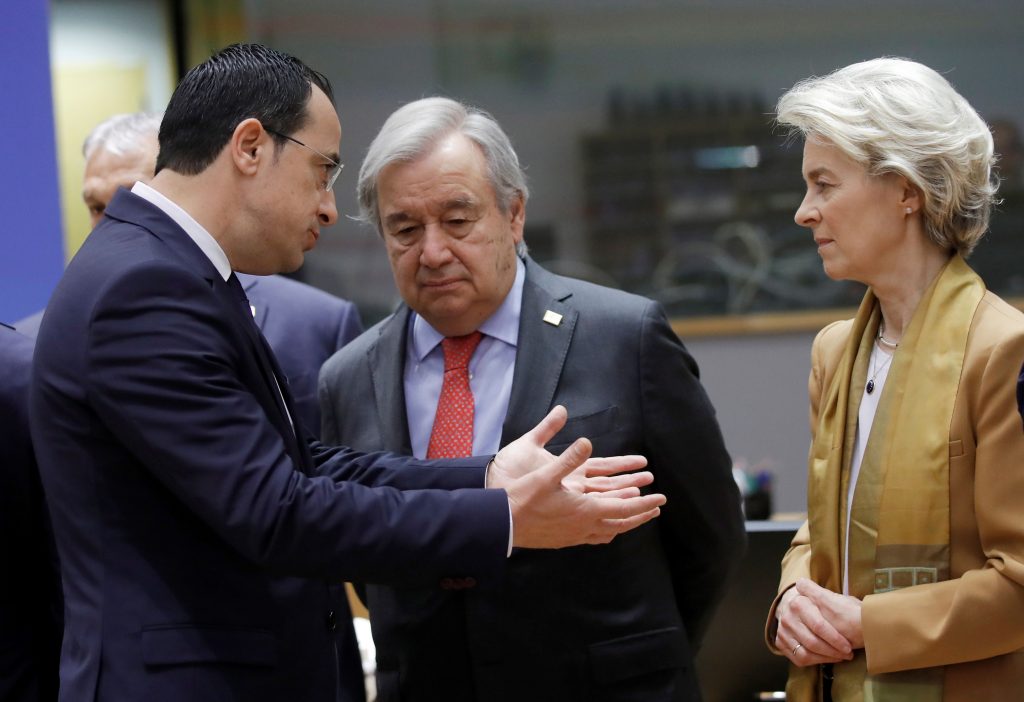The Hellenic National Intelligence Service (EYP) has released declassified intelligence bulletins related to the tragic events of July and August 1974 in Cyprus. These documents, previously classified as top-secret, were made public on Wednesday, November 13.
Specifically, in an effort to enhance the understanding of the circumstances surrounding the coup against Cyprus’ leader, Archbishop Makarios and the subsequent Turkish invasion that led to the division of the island, EYP has made available 58 bulletins compiled during those two dramatic months by the Agency’s officials, at a time when it was known as the Central Intelligence Service (KYP). This initiative marks the 50th anniversary of the Cyprus tragedy.
The declassified material is quite specific, consisting of intelligence bulletins concerning Cyprus and Turkey, which were primarily addressed to military services. These bulletins informed the Greek services on a daily basis about political development, as well as movements of Turkish military forces in areas adjacent to Greece and more broadly within Turkish territory and Cyprus.

According to EYP, “This is essentially a diary of developments during a traumatic period in the history of Hellenism, as recorded based on the information gathered by the Service at the time. It is now available to historians and anyone interested in studying, analyzing, and drawing conclusions from these records. Even a simple reading of this material, despite the time that has passed, remains striking and evokes intense emotions.”
This marks the first time that the Greek intelligence agency declassifies archival material. The agency’s director revealed that there are plans for similar initiatives in the future, which will offer an opportunity to consider the agency’s perspective, shaped by the context of time, in the study of particularly sensitive periods of Greek history.
These declassified documents are now available on EYP’s official website and are now easily accessed by the general public. These records highlight their historical value by shedding light on the actions and influence of Greece’s Military Junta during the pivotal events that transpired in Cyprus half a century ago. The documents provide crucial insights into the Junta’s involvement, offering a deeper understanding of a critical chapter in modern Greek and Cypriot history.





